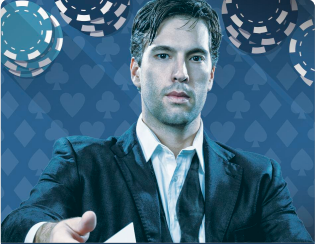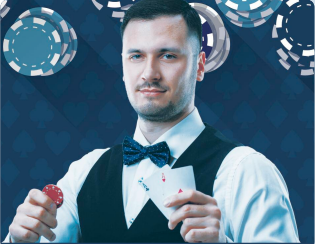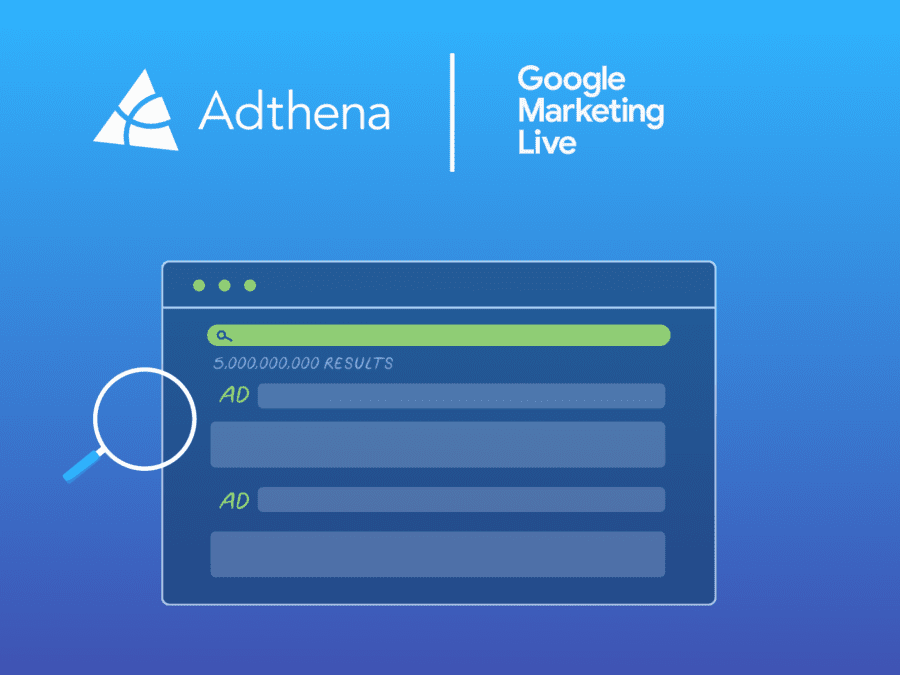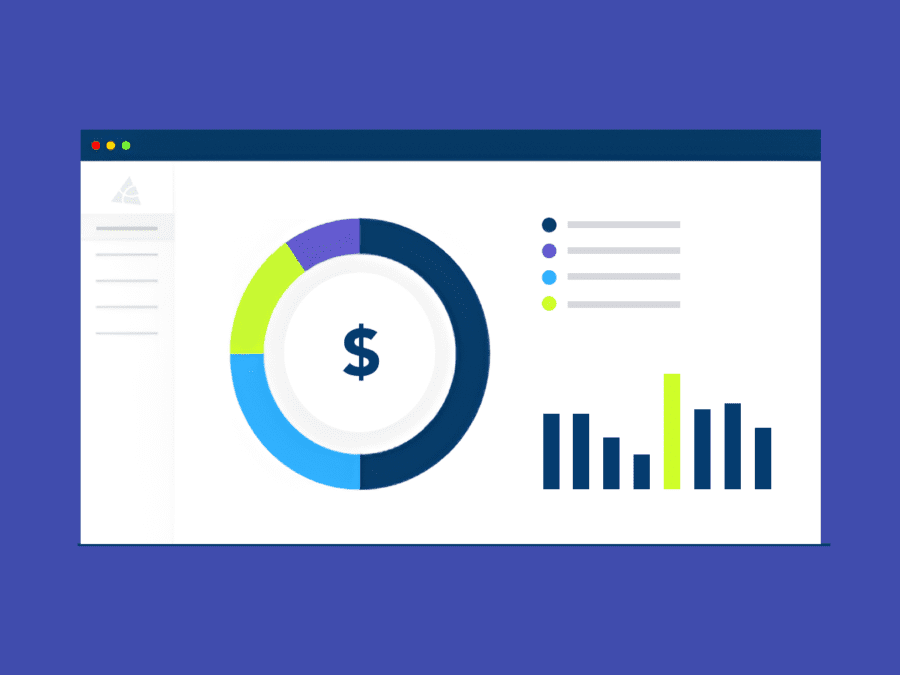Paid search can seem like making a bet, which is why it’s important to understand the styles of the other players in the poker game. iGaming is an industry where 99% of all clicks are driven by less than 3000 revenue-driving keywords, a relatively limited and heavily contested, pool of keywords. We’ve identified, and analysed in depth, the different characters in the competitive landscape, so that you know who you’re competing with, and can beat the odds.
1. The ‘Bookie’ (aka UK high street bookmakers)

Experience: There’s life in the old dog yet!
Nationality: British
Playing style: Rock
The bookmaker, or ‘Bookie’, is the old timer at the young person’s table. His playing experience means that it would be foolish to write him off, but he remains naturally cautious and might be reluctant to change his playing style if he knows it works well.
Bookies are the ‘rocks’ of iGaming. They are the natural experts when it comes to ‘balancing the books’ and as a result will often bet big, advertising heavily on events that they know are likely to be a success for them. They may be inclined to raise bid thresholds and seek top ad positions around sporting events where they have considerable expertise, such as horse racing or football.
2. The ‘Mathematician’ (aka pure-play online operators)

Experience: The maths doesn’t lie
Nationality: European
Playing style: Whale
The ‘Mathematician’ is dedicated to the science of the game, and wants to have the best possible data to support their decision making. They may not have as much face-to-face tournament hours as more experienced players, but they will know the odds and probabilities of any hand. They usually prefer to rely less on their gut instinct, and more on the hard numbers. They aren’t afraid, however, to take a risk when the situation is right. Focused solely on their digital operations, online operators are highly data-driven and will have refined and optimized their campaigns and bidding strategies over the years. They have a natural advantage in online search, and will benefit from being more agile than their competitors. The best online operators may well hold market-leading positions in search, and will have large search budgets at their disposal, making them the ‘whales’ in the search game.
3. The ‘Dark Horse’ (aka online affiliates)

Experience: Perfect poker face
Nationality: Unknown
Playing style: Style
The dark horses of online search, affiliates can be a bit of an enigma. Working in partnership with operators, affiliates drive traffic and conversations to websites, however, their presence creates a high level of competition in search, which in turn contributes to rising cost-per-click.
Affiliates will want to play a smart hand in search, finding a niche that is successful to them and focusing their efforts there to make an impact, making them the ‘sharks’ at the table.
4. ‘The big blind’ (aka the search auction)

No matter how good the player, the fact is that the search auction is very much a ‘big blind’ auction. Players don’t know which keywords competitors are bidding on, how much they are they are bidding, or how often either party’s ads are appearing.
It creates an environment where players are encouraged to bid up to their maximum threshold in order to ensure ad visibility.

For more insight into the world of iGaming and to find out more about the favorites, the dark horses and the winners, take a look at our iGaming report




